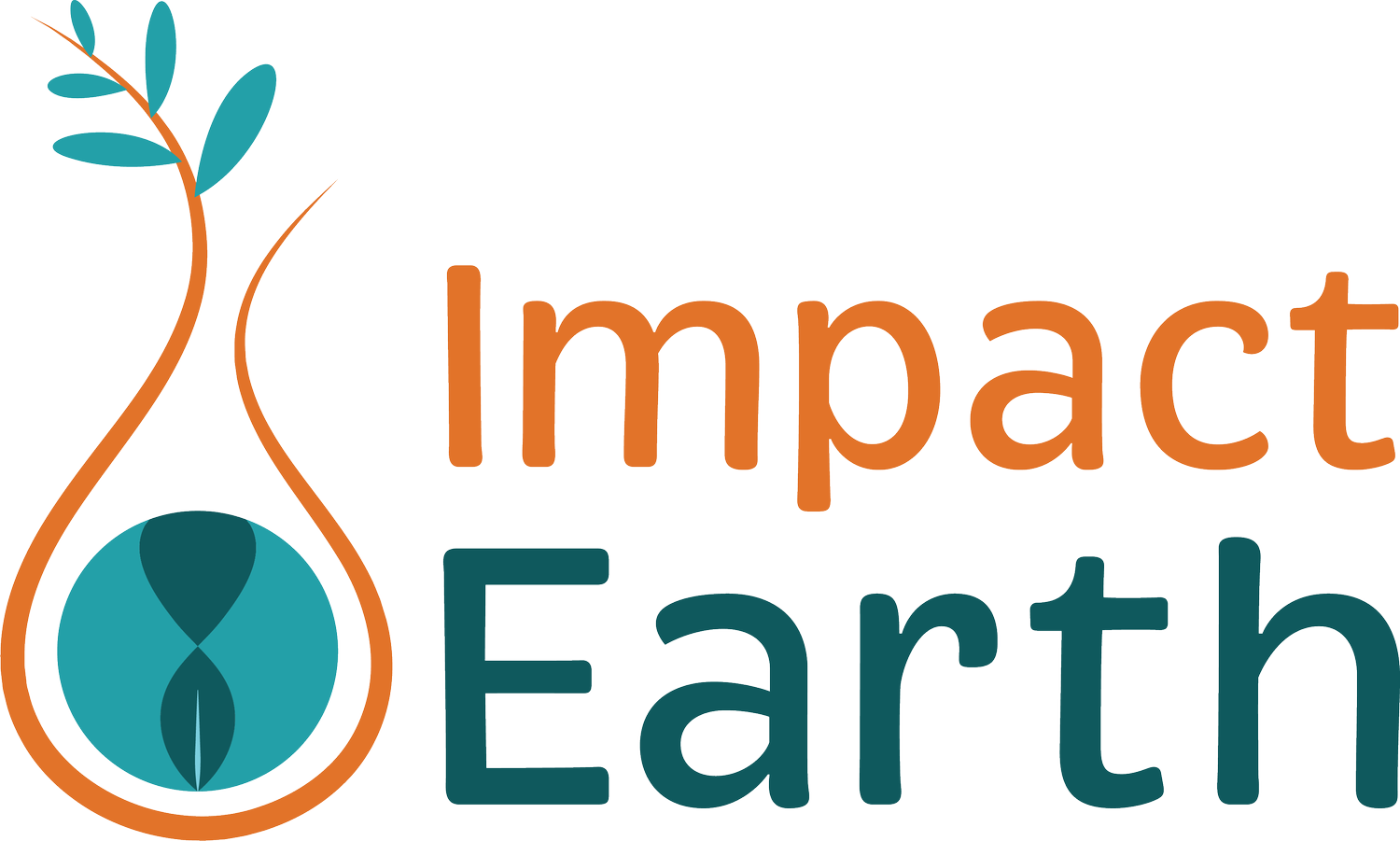Sylvan’s Composting Journey
Written by Nick Hadad
“It might take time, but everything becomes soil eventually.”
Hey, everyone! Sylvan T Salvar here! I am THE Zero Waste Raccoon joining Impact Earth during Plastic-Free July! It's my mission to teach about and take part in a zero waste lifestyle and learn new and improved ways to make our community a little greener. Today, I thought I would write a blog post about my journey with composting. After all, composting is an essential part of the zero waste initiative!
You see, when I was a young raccoon, I lived in the woods alongside all of the other animals. Nothing goes to waste in nature. If you don't finish eating something or if you knock a few leaves off of a tree, it becomes food for something else. That includes the organisms that help break materials down. It might take time, but everything becomes soil eventually.
When I grew up, I moved out of the forest and into a neighborhood in Brighton. I got to live alongside humans and became friends with a lot of them. As I learned more about human society and got an idea of how big the human population actually was, the more I learned that all of the waste materials humans discard have to go somewhere. This includes food scraps.
Food waste, whether it’s veggie peels, rotten or expired food, seeds, or even bones, ihas to go somewhere. More often than not, it ends up in a landfill. In fact, 20% to 25% of landfill material is made up of food scraps. I realized it really doesn't have to be that way and moreover, food scraps and even paper waste can be made into useful compost. Why completely discard a valuable resource? If it doesn't really need to be in a landfill, it shouldn't have to end up there.
I began working for ROC Animal School, a local nature and wildlife education group in Brighton, and we partnered with an amazing company called Impact Earth. One of the things Impact Earth is doing is collecting food scraps from businesses, restaurants, schools and people's homes and converting it all into compost. It makes me so happy to see that none of this stuff is getting buried in a landfill and is rather coming full circle, becoming nutrient rich compost that can help plants grow. That includes vegetable plants and fruits!
So, what do I tend to put in my own compost bucket at home? First, let me say that I try my best not to be wasteful. I am a clever chef and tend to find creative ways of using up leftovers. But, despite that, a lot still ends up in my bucket; I'm sure you would agree if you took note in your own kitchens. Vegetable skins and peels, paper towels, napkins, coffee grounds, tea bags, seeds/pits, bones, stems and sticks, compostable plastics (cups and utensils), eggshells, paper packaging (flour bags, egg cartons, etc…) and even pizza boxes. My bucket weighs between 15 and 40 pounds, weekly, depending on my meal plans. And, really, that is just for a two-raccoon household.
That said, I would strongly encourage you to start composting. You could do a compost pile at home (please keep in mind, some food items probably shouldn't go into one of those) or you can sign up to compost with us at Impact Earth. I love composting so much that I make it a point to attend events where Impact Earth provides organic bins for food scraps. I hang out at our bin stations and help folks sort their waste. Some of you may have seen me doing just that at the Pittsford Paddle and Pour event in early June. I love my job!
It is my hope that everyone eventually composts. Even the smallest of households produces food scraps; none of it should end up in a landfill.
Cook like an animal. Rock like a raccoon. Be clever and compost!




